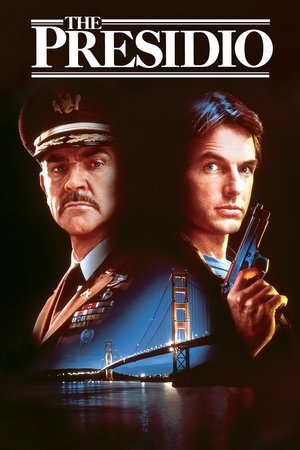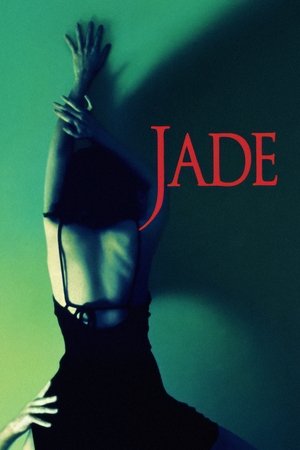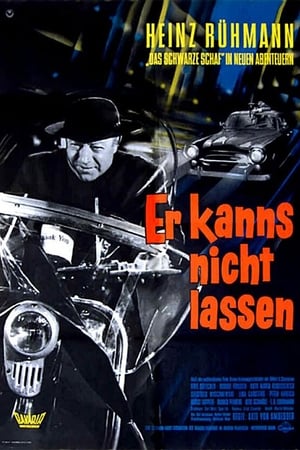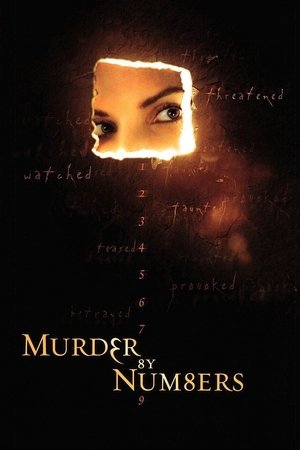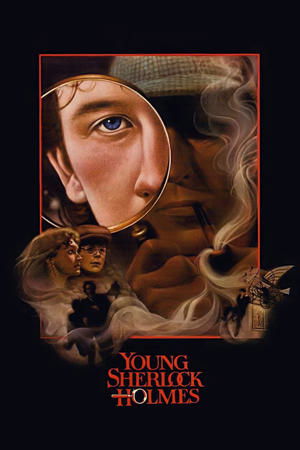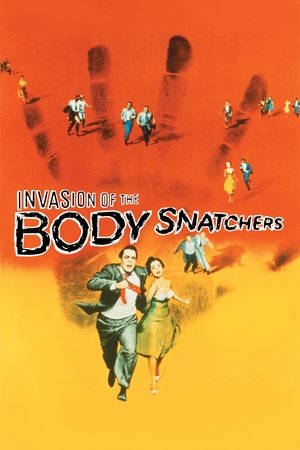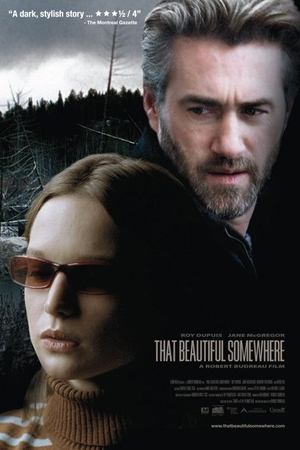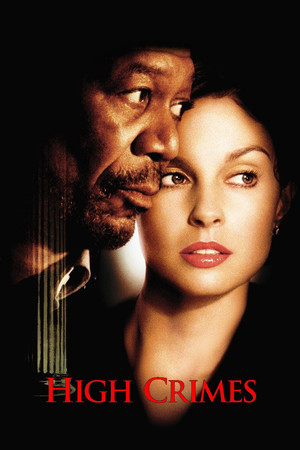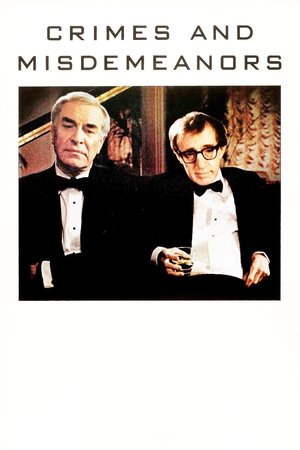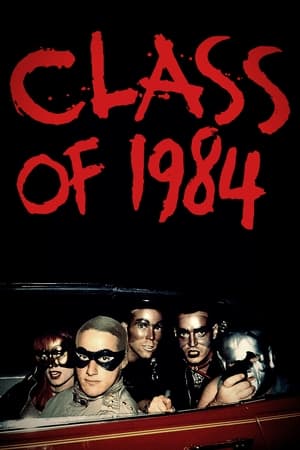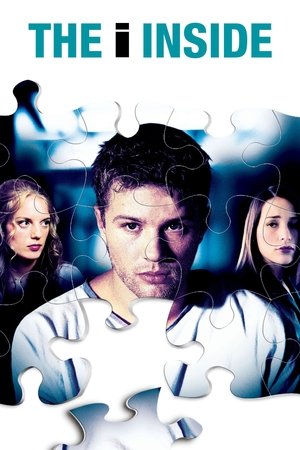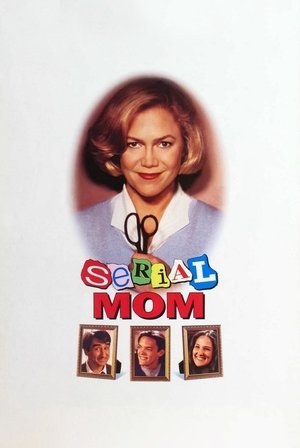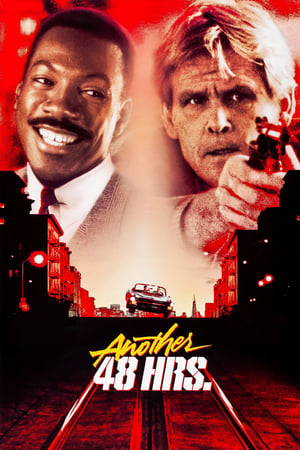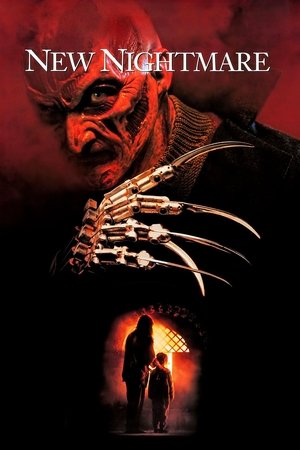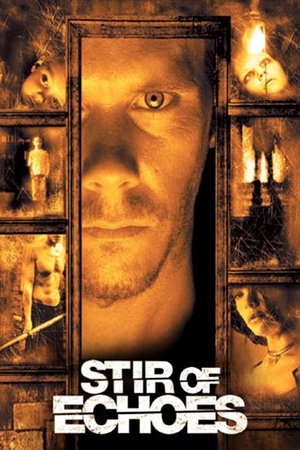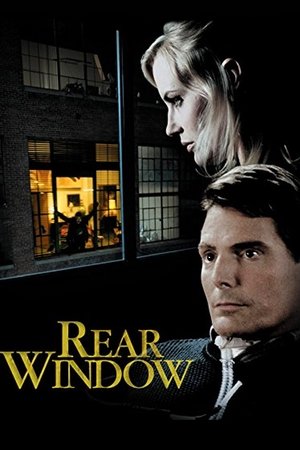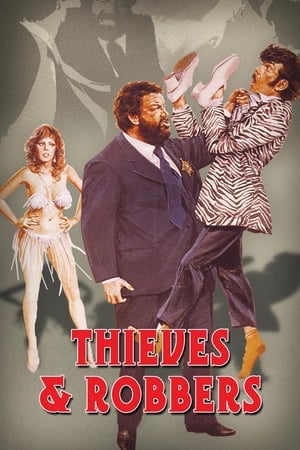Overview
Two homicide detectives are on a desperate hunt for a serial killer whose crimes are based on the "seven deadly sins" in this dark and haunting film that takes viewers from the tortured remains of one victim to the next. The seasoned Det. Somerset researches each sin in an effort to get inside the killer's mind, while his novice partner, Mills, scoffs at his efforts to unravel the case.
Reviews
He's experienced about as much pain and suffering as anyone I've encountered, give or take, and he still has Hell to look forward to.
"Warning: Spoilers"
Seven is directed by David Fincher and written by Andrew Kevin Walker. It stars Morgan Freeman, Brad Pitt, Gwyneth Paltrow, Kevin Spacey and R. Lee Ermey. Music is scored by Howard Shore and cinematography by Darius Khondji.
An unnamed US city and two cops are on the trail of a serial killer who kills his victims according to which one of the seven deadly sins they have committed.
Having been stung by the studio interference and negative fall out regarding his directorial debut feature film, Alien 3, David Fincher waited three years before committing to a project that he had control over. The result was Seven, a dark masterpiece of unremitting creeping dread that showcased the work of a clinically excellent director. Seven is not just a movie, it's an experience, an assault on the senses, a jolt to the brain, a trawl through the dark recess of some sick city where it always rains and the darkness holds many fears. This is no boorish slasher movie, it's psychological discord 101, we only see the aftermath of crimes, the discussions of which forces us to delve deep into our own imagination to fill in the blanks, forcing us to go where we don't want to go, you sense the director is somewhere gleefully pulling our strings.
"But that's the point. We see a deadly sin on every street corner, in every home, and we tolerate it. We tolerate it because it's common, it's trivial. We tolerate it morning, noon, and night. Well, not anymore. I'm setting the example. What I've done is going to be puzzled over and studied and followed... forever"
Seven is very much an ultimate horror film, really is there anything more scary than a serial killer who is smarter than the cops chasing him? Not only that but they are, oblivious as they be, part of the master plan. This killer is not only unstoppable in perpetrating his violent crimes, he is, as Freeman's weary retirement bound Detective Somerset says, methodical and patient. It's going to end bad, the cops know it and so do we, and that's when Fincher and Walker stick their hands into our guts and pull out the last semblance of solids to deliver one of the greatest endings of modern cinema. An ending fit to grace any noir, neo-noir or smart ass psychological horror movie from across the ages. With each viewing of Seven there's the repeating wave of bleak emotions that come as the reversed end credits roll, desolation and disbelief, sadness and shock, our trip through earthly hell is over, but only in the psychical sense!
Faultless cast performances, no doubt eked out by what we now know is a task-master director, photography that brilliantly brings to "light" the melancholic sheen of a decaying society and a Howard Shore score that crawls out of the speakers and cloaks your body like some evil Incubus or Succubus. Seven, a masterpiece of unease and evil wrung out by a master director. 10/10
Se7en put David Fincher on the map with this uber-creepy mystery thriller. The crime scenes are so grisly Seven is often ranked with top horror movies. And the ending -- hoo boy. One of the best twists in modern movie history.
If you enjoy reading my Spoiler-Free reviews, please follow my blog @
https://www.msbreviews.com
I've never written or even thought about my favorite movies of all-time. I don't believe in having a definite Top10 or Top20 of every film I've ever seen. However, if I had to write this special list, I have no doubts that Se7en would be there. Obviously, this is a rewatch of the classic movie that impacted filmmaking and launched David Fincher's remarkable career (I also ignore the fact that Alien 3 is connected to Fincher due to the known production issues). With his next film, Mank, coming up on Netflix in a few weeks, I decided to go through part of his filmography. Se7en will be the first out of five Fincher's movies that I will be able to revisit throughout this week.
I've seen this film countless times, but to be completely honest, I haven't seen it in so long that I didn't remember exactly some important plot points and a key component about the ending. This helped me experience Se7en in a fascinating way once again. Andrew Kevin Walker's screenplay has one of the most intriguing, mysterious, captivating narratives I've ever witnessed, still to this day. From the very beginning to the last second, I'm constantly at the edge of my seat (in this case, my couch) with severe anxiety levels and feeling incredibly tense. Biting my nails, moving my leg up and down, changing positions… it's so mesmerizing that I'm only writing about it more than twenty-four hours after I watched it.
One of the most impressive aspects is how Fincher is able to leave the viewer uncomfortable with showing only a single death on-screen. This is an extremely dark, gory, blood-soaked, gruesome flick, packed with horrible displays of dead bodies, but never the actual murder scene. With just a simple photo or a straight line of dialogue, Fincher lets the viewer's imagination do the work, and it's undoubtedly as or more effective than a visually horrific killing sequence. As the premise implies, the serial killer is inspired by the "seven deadly sins", and he goes after the respective sinners, killing them (or letting them kill themselves) in an innovative fashion, turning the sin against the sinner.
The gluttony and sloth cases are visually brutal, but the lust murder is the one that keeps haunting my memory. The latter is also the less explicit, left to open-minded people to imagine the despicable act. In 1995, a movie with such a dismal environment and dark story couldn't be well-received, and Se7en got its fair share of negative reviews stating that it was too obscure, sinister, overly violent and that the ending was absolutely unacceptable. Over time, it found its success, it gained fans all around the world, and it's now considered by many as one of the greatest films ever made, myself included. From the outstanding cast to the astonishingly enthralling detective work, the third act stands out as one of the most shocking endings of all-time.
I'm keeping this review spoiler-free because I don't want readers who have not seen this movie to have such a magnificent piece of cinema ruined for them. That's why I'm also hiding a certain actor from the starring section, just like the marketing team did at the original date of release (I'll get there). Fincher's third act is simply flawless. Everything displayed on-screen in the last twenty minutes is filmmaking perfection. From the impressively suspenseful build-up to that jaw-dropping climactic moment, passing through a mind-blowing revelation, Se7en's conclusion is and will remain as one of the most brutally shocking endings in the history of cinema.
Morgan Freeman and Brad Pitt share fantastic chemistry, portraying two iconic characters that couldn't be more different than one another. Somerset is a notable detective with extreme attention to detail, knowledgeable, and always curious about the case at hand. Freeman incorporates this character effortlessly, delivering a subtle yet powerful performance. Pitt portrays Mills, a childish, unfocused, immature replacement to the previous detective about to retire. Despite its apparent lack of work ethics, Mills is clever, relentless in finding the killer, and desperately wants to prove himself. Pitt, just like Freeman, embodies this persona seamlessly and also gives an outstanding interpretation.
Technically, where should I begin? From the haunting score of Howard Shore to the documentary-like cinematography (Darius Khondji) that offers a tremendously realistic atmosphere, it's the phenomenal production design that stands out. Fincher really wanted the dirty, rainy, depressing city to feel authentic and as real as possible. The first dialogues of the film are meant to point out the bleakness and awfulness of the city, but even without these conversations, any viewer will be able to acknowledge the absence of color, joyfulness, and life in this unknown location. Fincher's filmmaking techniques are demonstrated in plain splendor for everyone to see, and this was just his beginning.
Movies like Se7en are impossible to be made today, period. It would never be conceivable to completely hide one of the main actors from the press tour and/or trailers. We live in a time where the promotion of a film must have everything and everyone. Nowadays, trailers show way too much, and this isn't news to anyone. The ending was forced by Pitt and Fincher since the studio wanted a more mainstream conclusion. Today, filmmakers may have more freedom, but there are still countless cases of executive producers changing a movie without the director's will and/or permission. Se7en was a film released in a time where it should have never been released in the first place. Fortunately, it was.
Se7en might be the best director's sophomore movie in the history of cinema, and it's undoubtedly one of my favorite films of all-time. David Fincher's classic possesses one of the most captivating screenplays I've ever witnessed, marked by an extremely dark, somber, violent, gruesome story that ends with one of the most emotionally shocking conclusions to a movie, ever. The lack of on-screen death scenes is both the most surprising and effectively powerful element of the whole film, leaving the unpleasant work of imagining a specific type of murder to the viewer's mind. Morgan Freeman and Brad Pitt are extraordinary as the now iconic detectives, delivering two truly brilliant performances. Fincher's trademark filmmaking style started here, as every technical aspect contributes to the movie's incredible realism. From the simple, documentary-like camera work to the ominous score, it's the authentic production design that sets the depressing tone, the bleak atmosphere, and the rainy, colorless, lifeless city. Overall, it's a technically flawless piece of art. One of the greatest films ever made…. I can't recommend it more.
Rating: A+
Some creative kills and a decent atmosphere fail to obscure a vapid nihilism, rather meandering plot with a twist that makes little sense, and some quite nasty misogyny. Basically two or three admittedly masterful performances away from being nothing more than a padded ultra-violent bad Law and Order episode. The Brakhage-inspired title sequence is orders of magnitude better than the film itself. The hodgepodge of contextless references to classic literature doesn't make this any cleverer, either. This is basically everything that people who don't watch "film bro movies" unfairly think all modern thrillers are like. Has aged horribly as well.
Morgan Freeman is the veteran detective "Somerset" who is saddled with the newly married rookie "Mills" (Brad Pitt) and sent to investigate quite possibly the most ghastly murder scene cinema has ever produced. A man has been force-fed beans until he, quite literally, burst! A missing slither of kitchen floor lino suggests the fridge had recently been moved and behind that they find a clue - one that suggests this man had committed one of the deadly sins (gluttony) and therefore it's reasonable to assume that six more, equally heinous, killings may follow. Indeed when they start to doc just that, both detectives must hastily learn to work together - despite their contrasting approaches to police work - if they are to piece together the evidence. What makes matters worse for the pair, is that they begin to suspect that they are the metaphorical ball of wool for the killer's cat. They get closer and closer, but are always just that little bit late as this self-appointed weapon of god seems to be being wielded with every more horrific killing. David Fincher allows both actors here to develop this mystery compellingly, with a sparing but potent dialogue and an almost perfectly paced and scored progress as we all know what must come last - but never will we anticipate just how the coup de gras will be delivered. This is one of these superior crime dramas that leaves a little more to think about each time I watch it. Really good.
Seven is an atmospheric thriller that expertly dives into the darker corners of human nature while keeping you on edge with its gripping narrative. Morgan Freeman and Brad Pitt lead with contrasting yet complementary performances, Freeman as the world-weary detective and Pitt as the impulsive rookie. Their chemistry adds depth to the story, grounding it in realism even as the plot explores the grotesque. The pacing is deliberate, letting the tension simmer before delivering gut-punch moments that linger long after the credits roll.
The film’s visual tone is a masterpiece in itself, with its dreary, rain-soaked cityscape enhancing the oppressive mood. David Fincher’s direction is meticulous, drawing you into every scene with his use of lighting, shadows, and a haunting score. Kevin Spacey’s restrained yet chilling presence elevates the third act, leaving you questioning morality and justice in ways most films wouldn’t dare. Every detail feels purposeful, from the unsettling crime scenes to the nuanced character development.
If you’re a fan of dark, thought-provoking thrillers, Seven is a must-watch. It’s not just a story about a hunt for a serial killer; it’s an exploration of humanity’s flaws and the consequences of obsession.
Movie is ok. Some good trivia. Pitt had a contract for the movie to not change the ending when he read the script. He remembered this happening to his past movie. In the end, it did came to pass. People were making comments to change it. "T'was too grim" they said. Folks said t'was at that time.
Anyway. Movie is good enough to pass the time. Will probably not regret it. Perchance.

 127 min
127 min
 8.379
8.379
 1995
1995
 USA
USA
 John Chard wrote:
John Chard wrote:

